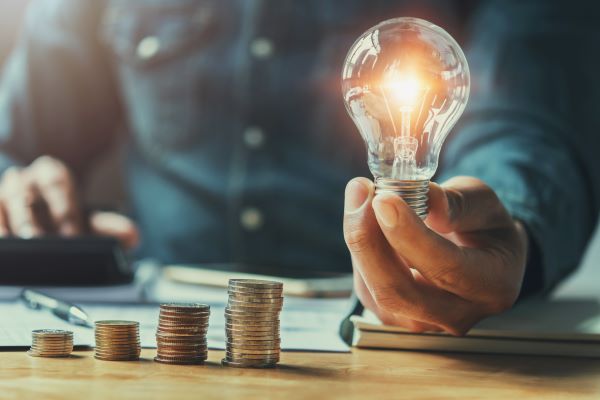Saving money is the best way to build for the future, however it’s easier said than done. Studies show that 52% of Brits are concerned or overwhelmed about their finances, especially after the pandemic. Managing finances and budgeting has become more of a struggle, especially in the wake of the cost-of-living crisis and pressure of rising prices.
With so much to put money aside for, it can be difficult to figure out where to prioritise saving. Putting money away is one thing but you may be unsure where to go next. Here are some useful tips on how to prioritise when you’re trying to save:
Emergency Funds
Building a robust emergency fund is a priority as this will help you avoid building debt due to unforeseen circumstances. It is recommended that you put aside at least three months’ outgoings however you should stick to what you can afford to save.
This can help you cover the cost of those unexpected expenses, including a leaky roof, broken washing machine, or flat tire. You should only access this money when it’s absolutely necessary and must cover an urgent need. It can take time to build a comfortable emergency fund but it will leave you feeling much more secure in your financial situation.
Retirement
Once you’ve got money set aside to deal with more short-term concerns, the next step is to start focusing on your retirement fund. Studies have shown that households with two people spent around £28,000 on average to be ‘comfortable’ so you need to start saving while you’re young.
You’ll need to decide how much you can afford to save per month but remember that you can always build this up gradually as you get promoted and pay off loans. Once you reach retirement age, you want to make sure that your future is supported so this should always be a priority.
Long-Term Goals
Accomplishing other saving goals like buying a new car, a home or starting an education fund for your children can come next. Not only is putting money aside for these things important but improving your credit score can help your likelihood of achieving these long-term financial goals.
It is a good idea to save up for your major expenses as paying upfront all at once has the potential to make you short until your next payday. Having it set aside then frees up your income for other essentials you may need alongside these long-term goals.
Build Your Wealth
The next step is to look for opportunities where you can build your wealth. This could be through investing in the stock market, purchasing a holiday home or investing in other property.

